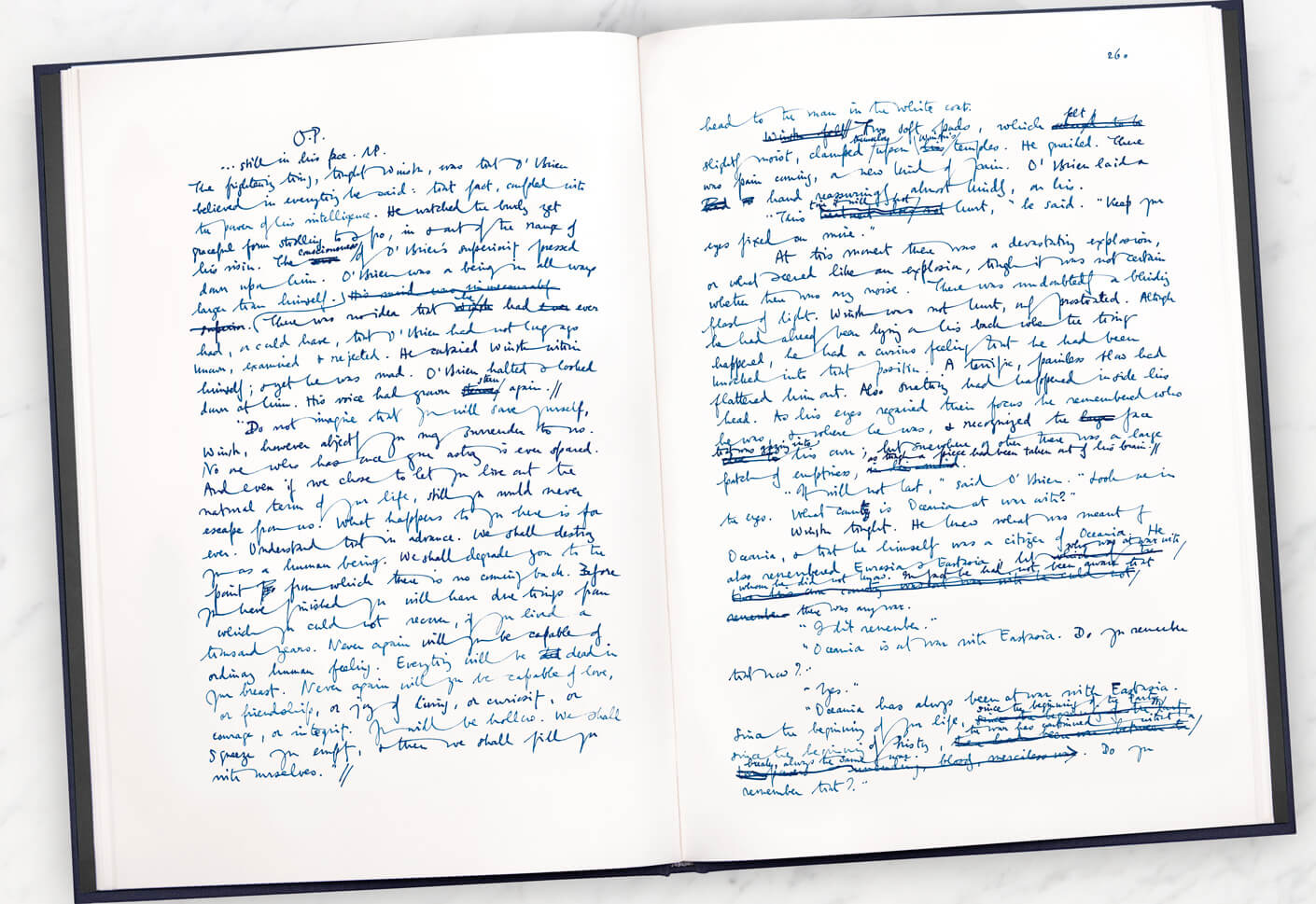Developmental editing is a thorough editorial review process involving a complete or near-complete book or article draft. The goal of developmental editing is to give the writer insight, actionable feedback, and strategy for maximally effective revision.
In Scott Norton’s Developmental Editing: A Handbook for Freelancers, Authors, and Publishers, he writes that “developmental editing denotes significant structuring or restructuring of a manuscript’s discourse.” Typical developmental editing involves issues such as
structure, shape, and order
pacing and narrative flow
voice and tone
continuity and consistency
information infrastructure
logic, sequencing, and argumentation
reader experience
What happens in developmental editing: I do not make changes to your manuscript text itself. Instead, I provide extensive written notes including both comments in the manuscript placed in relevant locations and a comprehensive edit letter that walks you through the suggested changes to the manuscript as a whole and suggests revision priorities and strategies.
If you are looking for a more hands-on edit in which the editor makes changes to your manuscript directly, scroll down to the section on substantive editing.
The Developmental Editing Process
After a client contacts me and we have determined that I am a good fit for their project, we arrange a first virtual or phone meeting. I meet with every developmental editing client both before and after I edit their work.
The first meeting is devoted to your thoughts and needs for the developmental edit, I ask lots of questions about what you are hoping the developmental edit to do. Listening deeply and attentively to your answers enables me to provide an optimally targeted, customized, and effective edit.
After this meeting, I perform my edit and write your edit letter. When I am done, I deliver the materials to you and we schedule our second meeting. Typically the second meeting is scheduled several days or even a week after I deliver your edits to allow you time to review them.
The second meeting is an opportunity for authors to get clarification, ask questions, review priorities for revision, and get advice for revision strategy.
Sometimes, after revising their work, writers come back to me for a second developmental edit. There is a discounted rate for second passes on the same manuscript.
Substantive Editing
Substantive editing is a form of editing that combines developmental editing and line editing. Direct changes are made to the manuscript: I correct errors, adjust phrasing, and make other changes with the goal of getting the author to a polished manuscript more quickly.
Substantive editing works with the same concerns as developmental editing but also adds in factors such as
mechanics (spelling, grammar, syntax, word usage, punctuation)
sentence and paragraph construction
sectioning, sub-sectioning, and other types of structure work
flagging potential problems such as copyright issues / Fair Use violations
formatting footnotes/endnotes and bibliographies (additional fee)
citation and reference checking (additional fee)
Substantive editing may not fix every problem within a manuscript. When I encounter issues where the author is the best person to decide what path to take, I make queries and suggest solutions, then author makes the revision(s) in whatever way best suits their vision.
The process of substantive editing follows a similar path to that of developmental editing with a consultation, pre-edit meeting, editing, delivery, and post-delivery meeting.



